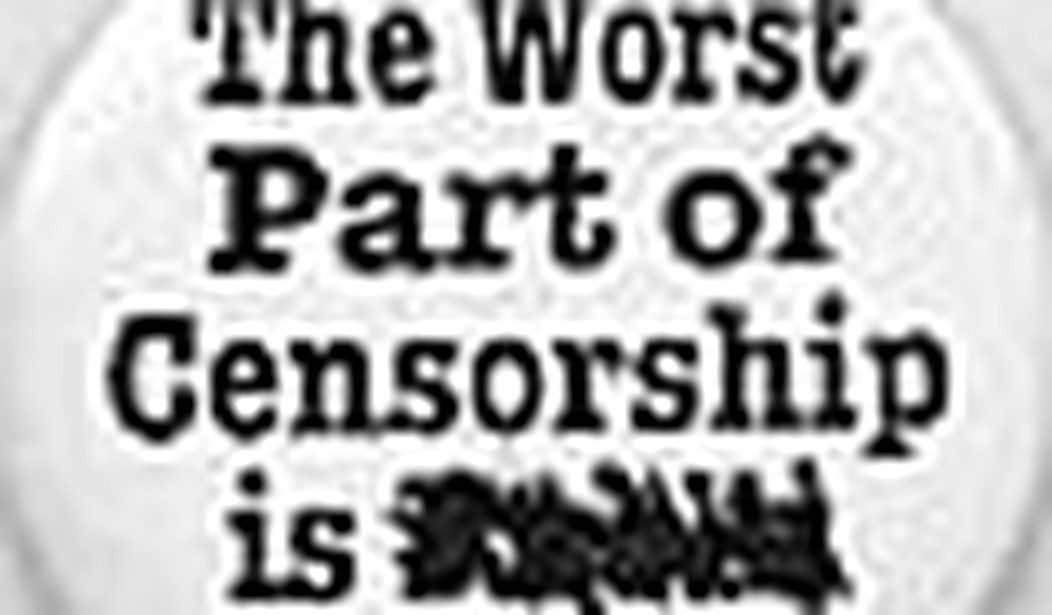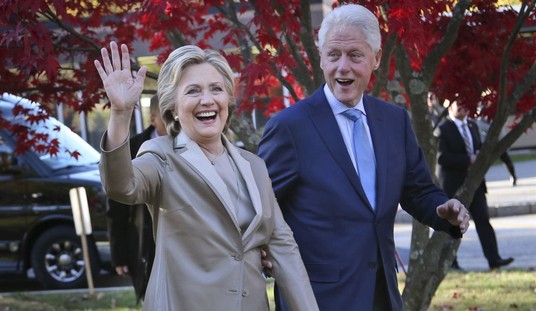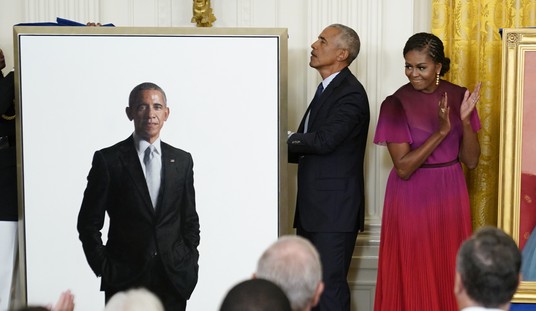Since the tragic massacre in Arizona earlier this year, Americans have been treated to a lot of talk about how a lack of “civility” in public discourse led to the shooting, may have led to the shooting, or didn’t lead to the shooting but still reminded us about how bad uncivil speech is in general. Now comes the news that a new National Institute for Civil Discourse will be established at the University of Arizona, the site of President Obama’s speech in the wake of the shootings, with former Presidents George H. W. Bush and Bill Clinton as honorary co-chairs.
The goals of the institute sound benign enough. Former President Bush said in a press release that “[o]ur country needs a setting for political debate that is both frank and civil, and the National Institute for Civil Discourse can make a significant contribution toward reaching this goal.” Vice Chair of the Arizona Board of Regents Fred DuVal, who reportedly came up with the idea of the institute, added, “I think we need to be realistic about what can be accomplished.…What is realistic is to create enough conversation among more thoughtful and respectful people in as many places in the country as possible.”
It’s hard to object to this mission, and if this were the extent of the efforts to combat civility in society, it would not be problematic. Unfortunately, though, other efforts to enforce civility are far less benign, and our nation’s colleges and universities have, unsurprisingly, long been in the forefront of the movement to limit Americans’ fundamental liberties in the name of “civility” — with the limits defined, of course, by those in power on campus.
An excellent example of how campus censors use “civility” requirements to silence dissent can be found in the former speech code of San Francisco State University (SFSU). In 2006, during the course of an anti-terrorism protest on campus, the SFSU College Republicans stomped on handmade replicas of the flags of the terrorist groups Hamas and Hezbollah. Other students complained about this behavior on the grounds that the word “Allah” was on the flags, and that by stepping on these flags, the College Republicans were, in the words of one SFSU official, “desecrating the name of Allah.” As it happened, not being Arabic readers, the College Republicans had simply copied pictures of the flags straight from the Internet, and did not know the Arabic word “Allah” was on them.
The College Republicans were then charged and investigated for months for, among other things, “actions of incivility.” It’s true that stomping on a terrorist flag is arguably uncivil. After all, if any Hamas or Hezbollah members or supporters were around, stomping on their flags might well have been, to quote the dictionary, “lacking in courtesy” or “not conducive to civil harmony or welfare.” With (hopefully) no such people around, however, the only remaining “uncivil” action had to have been the fact that the College Republicans were “desecrating” a religious figure’s name that they didn’t even know was on the flag. Yet punishing a person for not knowing a foreign language is totally pointless. How would that advance civility?
The answer, of course, is that it wouldn’t. A federal magistrate judge later struck down the speech code, complete with its “civility” requirement. Like many other terms used in university speech codes, those in power at SFSU used “civility” as a catchall term to mean speech or behavior that they didn’t like. Such a result is unavoidable, as people will inevitably disagree on what behavior is rude or what policies are best for civil harmony or welfare. Someone has to make the call on what is civil, and that person will always be whoever wields the political power at the time. And the people in power at the time never believe that opposing them can be quite as civil as supporting them.
The Supreme Court has long recognized this issue. In the 1949 case of Terminiello v. Chicago, the Court wrote that “[A] function of free speech under our system of government is to invite dispute. It may indeed best serve its high purpose when it induces a condition of unrest, creates dissatisfaction with conditions as they are, or even stirs people to anger. Speech is often provocative and challenging. It may strike at prejudices and preconceptions and have profound unsettling effects as it presses for acceptance of an idea.” Unrest, dissatisfaction with conditions as they are, anger, unsettling effects: All of these are the opposite of “civility.” Yet, as the court recognized, the very purpose of the First Amendment is to protect such expression.
It’s easy to see why. From the run-up to the American Revolution to the modern civil rights movement, those who wanted to see change happen have often resorted to tactics that today’s civility advocates would certainly denounce as uncivil or disruptive. Americans remember things like the Boston Tea Party and Rosa Parks refusing to give up her seat on the bus with pride; we don’t lament the fact that some people had to be rude, recalcitrant, or peacefully disruptive to make their points. Civility and the quiet enjoyment of life are both good, to be sure. But Americans have long realized that sometimes, bringing needed change to society requires a little more than just a pleasant discussion among adversaries.









Join the conversation as a VIP Member